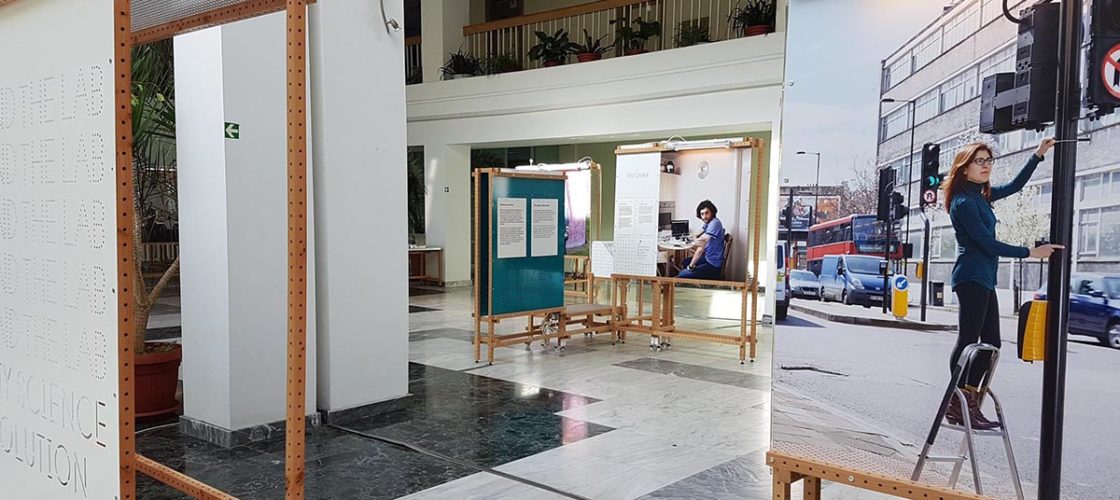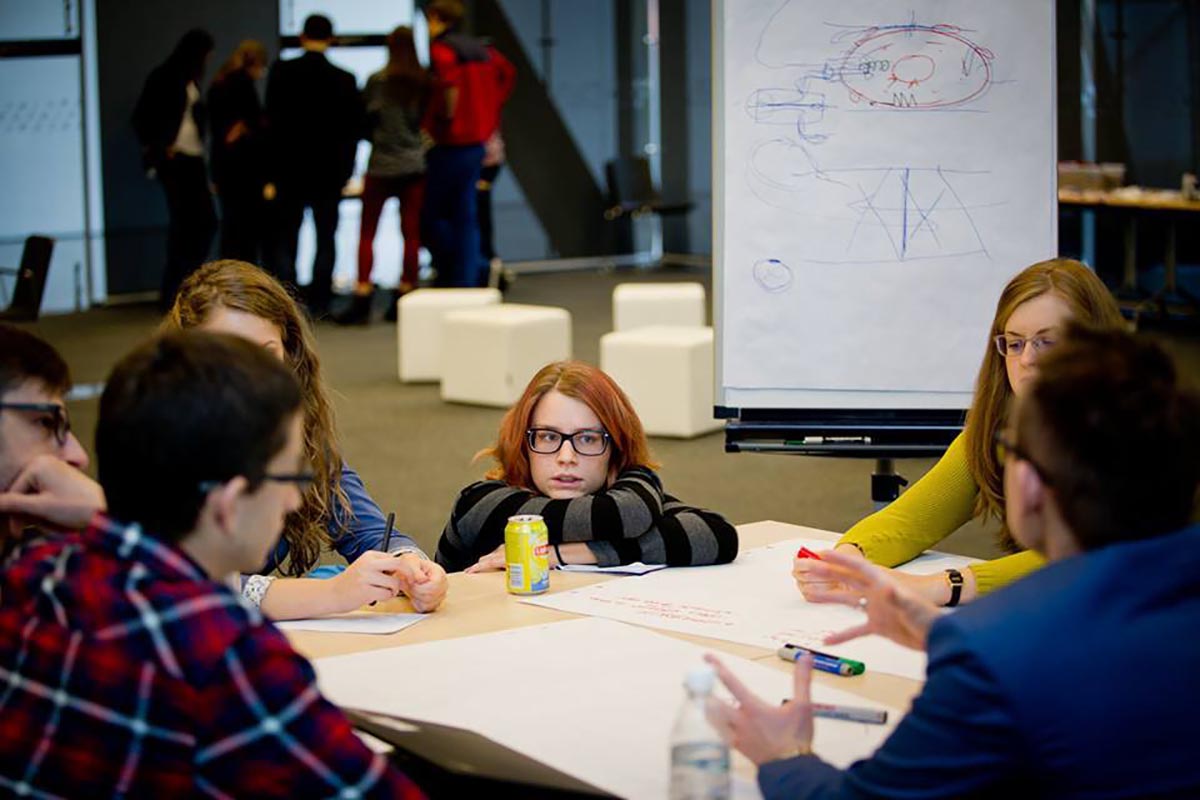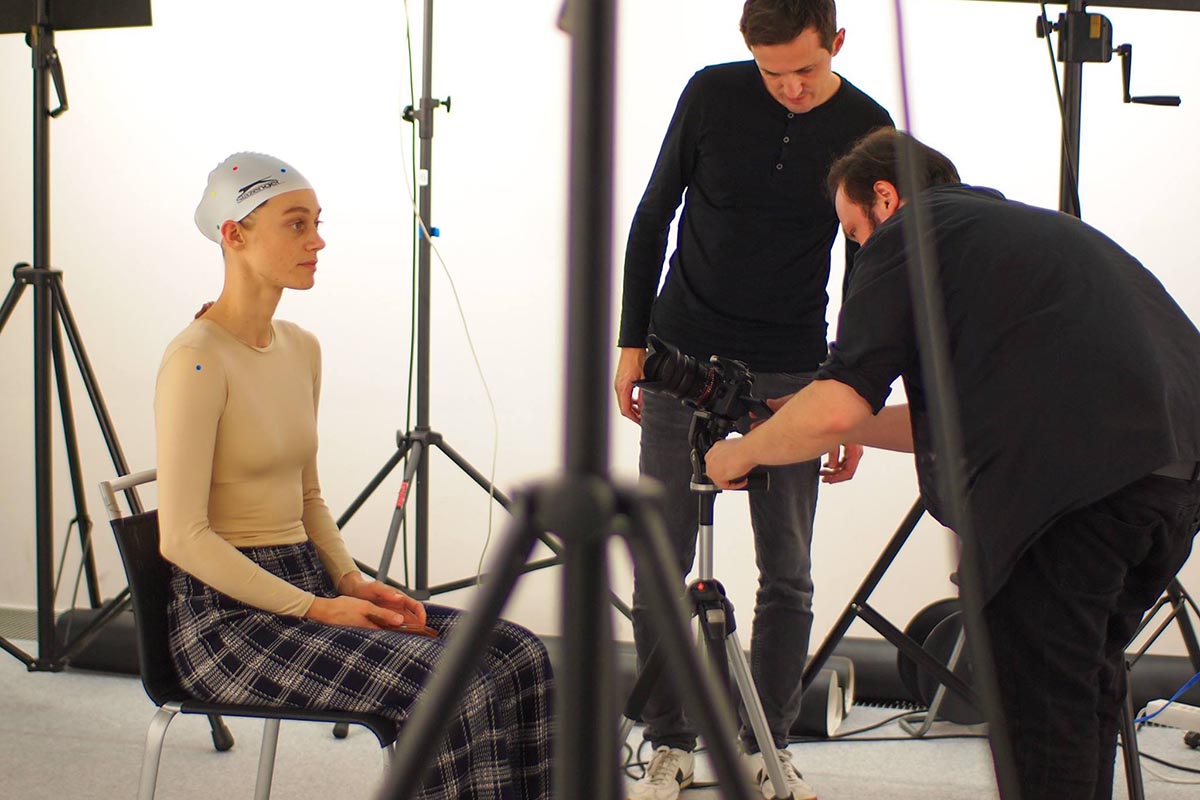Sparks
Project website
The project
Our role
KEA also coordinated the data collection and analysis from the different activities developed within the project and elaborated the final project toolkit.
Resources
- Sparks Toolkit
- Sparks Handbook for participatory activities
- Sparks Policy Recommendations
Bridging the gap between science and society
Gathering 33 organisations from 29 European countries, and led by ECSITE, Sparks aimed at bridging the gap between the super-fast pace of scientific innovation and society through an interactive exhibition and over 230 engaging activities taking place across the whole of the European Union.
Science is advancing at an incredible speed. Mobile technologies are empowering citizens to perform tasks currently accomplished by medical staff such as diagnosis and counselling. Big data generated by our connected lives offer unprecedented information to governments and companies, in areas as diverse as dietary habits and epidemics. Developments in artificial intelligence are creating a seamless integration between humans and the machines. But the possibilities unlocked by science and new technologies are in some cases clashing with the current social, economic and ethical boundaries. The answer could be to devise a new way of carrying out scientific research by involving all relevant stakeholders (i.e. citizens, scientists, companies and policy makers) in Responsible Research and Innovation (RRI) processes.

Engaging stakeholders to make it relevant to society
Sparks worked to promote RRI by inviting key stakeholders to actively question, experiment and play with science to make it relevant to society. Its touring exhibition in 29 countries explored the hottest topics in medicine and healthcare in a fun and entertaining way, from the points of view of citizen scientists, communities and artists. Science cafés and creative workshops offered the public the opportunity to identify priority research questions and co-design scientific solutions together with local institutions, civil society organisations and enterprises.
‘Most visitors were very surprised to discover that people without background in medicine and/or engineering started to make incredible inventions that helped them and others to better life with their diseases. Many visitors underlined that this was the key message of the exhibition and that motivated them to also get involved.’ – Luxembourg Science Centre

Sparks demonstrated innovative products and services stemming from a diverse range of citizen-scientist interactions through exhibition stories, local case studies, artworks and local partnerships.
The art as an entry point: in the project, the arts served as mediator between the public and science, calling from an emotional and imaginary response to challenges related to health and technology in the future.
Sparks has reached more that 1 million Europeans through its touring exhibition Beyond the Lab and its innovative participatory activities.

Available resources from the project
The project has left behind lasting tools for advancing citizen engagement in science in a creative way.
The Sparks Capture Learning Report reflects the results of the empirical research undergone throughout the project which aimed at measuring Sparks outcomes in relation to the public and stakeholders’ engagement with the topic of healthcare and innovation, as well as the success of the tools and practices used to communicate around the project. The knowledge conceptualised in this report fed into the development of a series of tools aiming to advance citizens’ engagement in science, creating the ground for a wider RRI governance framework across Europe.
The Sparks Toolkit is an easy to use guide to identify which of the innovative formats of activities created best fits your objectives and resources, to understand and to prepare Science Espressos, Reverse Science Cafés, Pop-up Science Shops and Scenario Workshops. The information in the toolkit is complemented by the Sparks poster helping you find your way through activities and the detailed instructions found in the Sparks Handbook for participatory activities.
The Sparks Policy Recommendations document puts forth five key policy recommendations from the Sparks project. European, national and regional policymakers are invited to reflect on how they can be integrated into policy and implemented on the ground. The recommendations were drafted by the Sparks consortium and validated by 150 participants of the project’s final Forum.